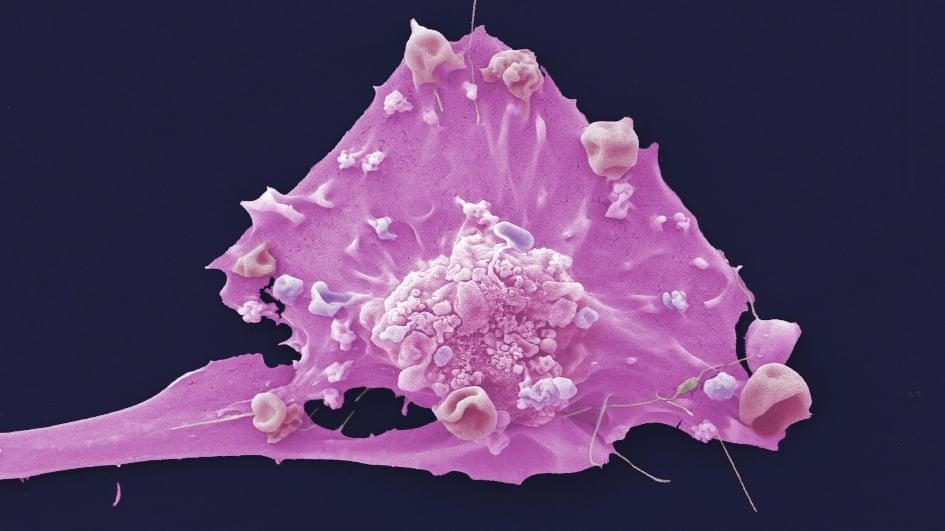One year of treatment with the targeted drug olaparib improves long-term survival in women with high-risk, early-stage breast cancer with mutations in BRCA1 or BRCA2 genes, new results from a major clinical trial show.
Ten years since the first patient was recruited, new findings from the phase III OlympiA trial – presented at San Antonio Breast Cancer Symposium (SABCS) 2024 – show that adding olaparib to standard treatment cuts the risk of cancer coming back by 35 per cent, and the risk of women dying by 28 per cent.
After six years, 87.5 per cent of patients who were treated with the drug were still alive compared with 83.2 per cent of those who were given the placebo pills.
Professor Andrew Tutt at The Institute of Cancer Research, London, and King’s College London is the global lead investigator and Chair of the Steering Committee for the OlympiA study, and was also involved in early laboratory research on PARP inhibitors such as olaparib, and their subsequent clinical development. The Breast International Group (BIG) coordinated the international OlympiA study, involving 671 study locations, globally across multiple partners. BIG coordinated the trial’s UK sites through the ICR Clinical Trials and Statistics Unit (ICR-CTSU).
